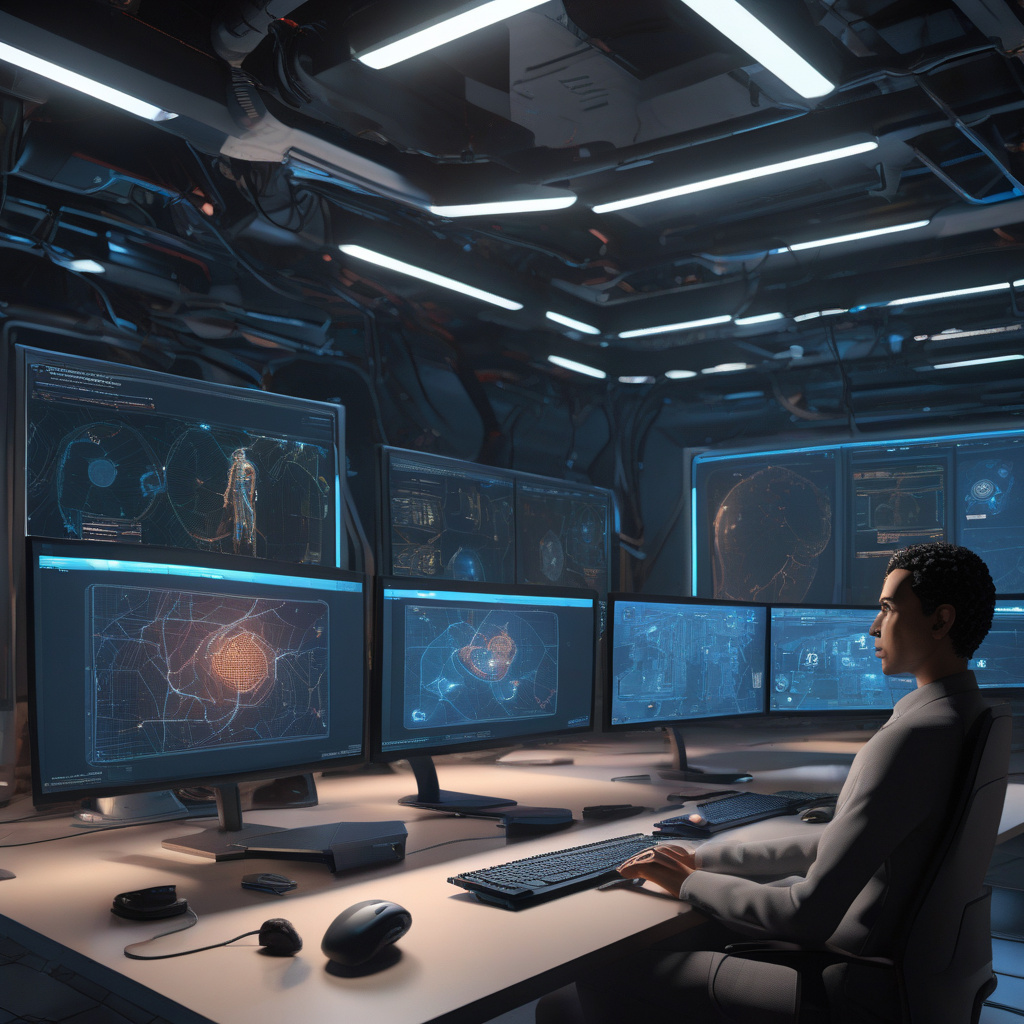Artificial Intelligence (AI) has permeated various sectors, transforming the way tasks are accomplished. In the realm of Kubernetes development, the concepts of AI agents and agentic AI have gained prominence, presenting developers with distinct approaches to enhancing their applications. Understanding the nuances between these two paradigms is crucial for Kubernetes developers looking to optimize their containerized applications and microservices effectively.
AI agents are intelligent entities that act autonomously to perform specific tasks within an environment. They are akin to digital assistants, capable of executing predefined actions based on the data they receive. For Kubernetes developers, AI agents can streamline processes by automating routine operations, monitoring system performance, and making real-time decisions to ensure optimal application functionality. These agents are instrumental in enhancing efficiency and productivity within Kubernetes clusters.
On the other hand, agentic AI refers to a more holistic approach where AI systems exhibit a sense of agency and autonomy in decision-making. Unlike AI agents that focus on discrete tasks, agentic AI systems possess a higher degree of self-awareness and adaptability, allowing them to navigate complex scenarios independently. In the context of Kubernetes development, agentic AI can dynamically adjust resource allocation, troubleshoot issues proactively, and optimize the overall performance of applications running on the cluster.
To illustrate the difference between AI agents and agentic AI in a Kubernetes environment, consider the scenario of scaling resources based on fluctuating workload demands. An AI agent may be programmed to monitor CPU utilization and scale resources up or down accordingly. While effective, this approach is reactive and relies on predefined rules. In contrast, agentic AI can analyze historical data, predict future trends, and autonomously adjust resource allocation preemptively, anticipating workload spikes or lulls with greater accuracy.
For Kubernetes developers, choosing between AI agents and agentic AI depends on the specific requirements of their applications. While AI agents excel in task automation and monitoring, agentic AI offers a more sophisticated level of intelligence and autonomy. Integrating both approaches can further enhance the resilience and performance of Kubernetes clusters, creating a symbiotic relationship where AI agents handle routine tasks while agentic AI oversees strategic decision-making.
In conclusion, the distinction between AI agents and agentic AI is pivotal for Kubernetes developers seeking to leverage artificial intelligence effectively in their development workflows. By understanding the unique strengths of each approach and strategically incorporating them into Kubernetes environments, developers can unlock new possibilities for optimization, scalability, and efficiency. As the landscape of AI in development continues to evolve, embracing a balanced integration of AI agents and agentic AI will be essential for staying ahead in the ever-changing tech industry.

